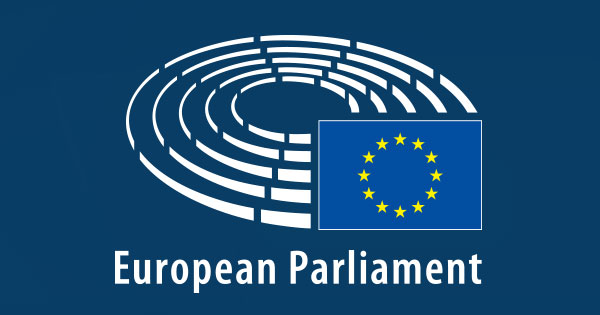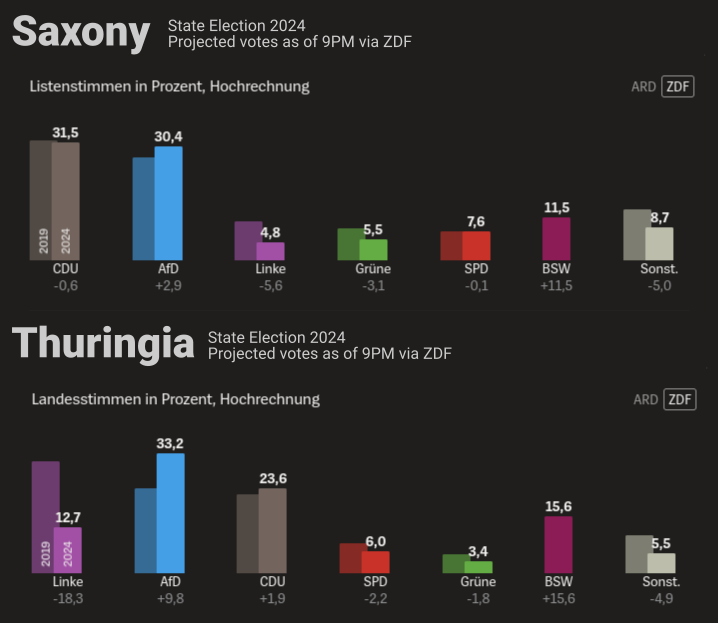

Eventually, yes. But we are not quite there yet. In January Scholz will face a vote of no confidence, which he is unlikely to win. At this point all parties may try to find new governing majorities within the current makeup of the Bundestag, our parliament. This is also extremely unlikely to succeed (not with only a few months left in the term anyway). And then a snap election is called























The article is almost a month old.